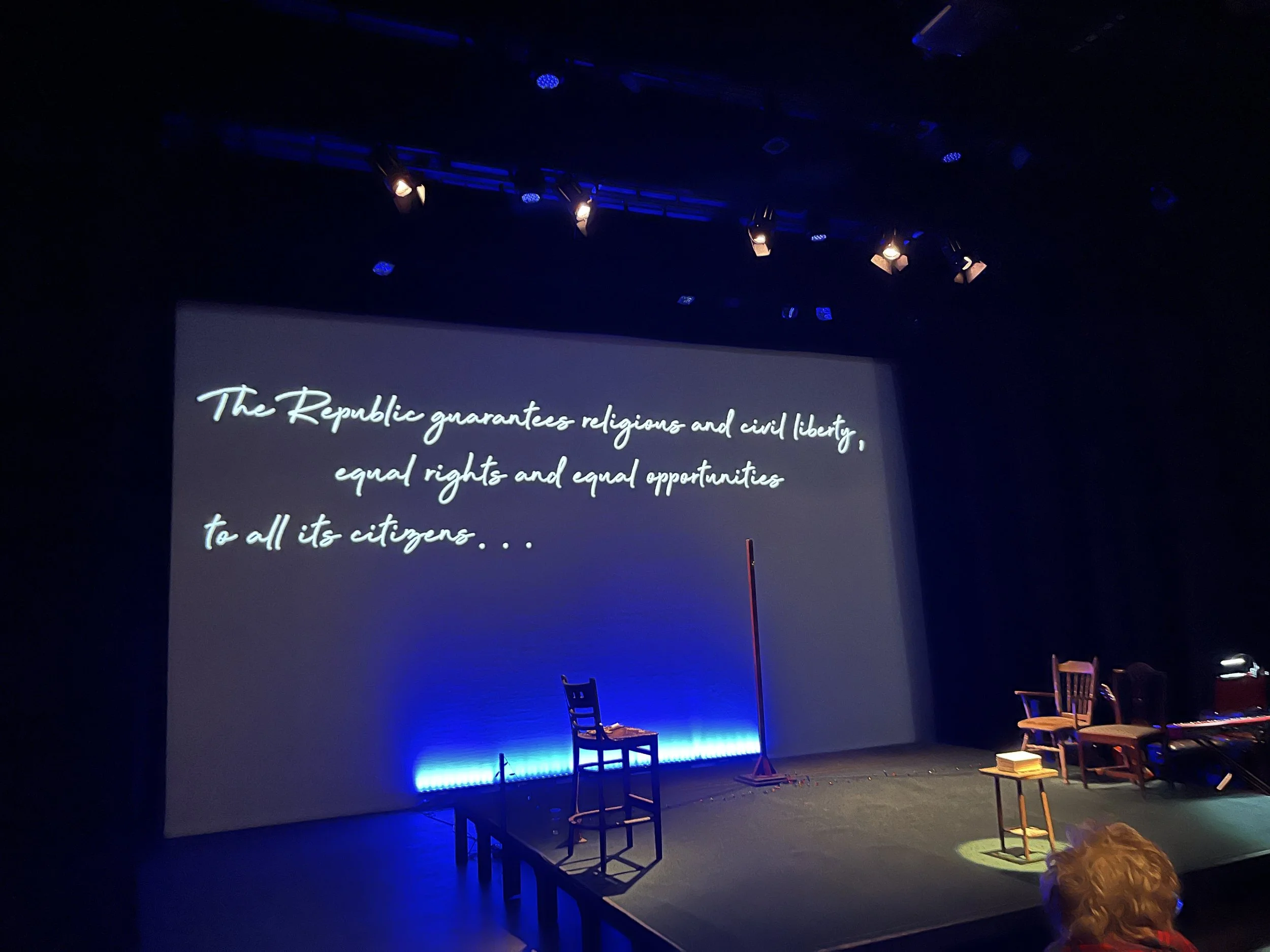Ten Points on Leaving Certificate English
Last week the most recent cohort completed their English Leaving Certificate: my analyses of Paper 1 and of Paper 2. Prompted by this, and memories of the 2009 incident when erroneous distribution of papers in one centre caused a firestorm in the country, here are some quick jottings on where we are right now (facing into Senior Cycle reform, already in an AI world).
Thankfully, the disastrous proposal that Paper 1 (Language) of a two-year course might be taken half-way through that course was abandoned in February: my comments then. And previously I had argued against it in March 2022 and in January 2023 (with lots of links). Theoretically it has been delayed; we all know that the proposal is now dead in the water.
Exams are imperfect instruments. The question always for summative assessment is: is there something less imperfect? As Conor Murphy says, in nirvana we would teach English for two years for the pure pleasure of it and that would be it: no assessment of any kind. But.
In her announcements on Senior Cycle, the Minister said she wanted 40% of assessments to be done outside the examination. Then in November 2022 ChatGPT hit, only really percolating into schools early in the following term. Thankfully, at the moment 100% of English is examined dispassionately, but at the moment there are no signs at all that the powers-that-be (Department, SEC) are going to address this elephant in the room in the 2024 LC assessments. To use another well-worn creature-reference, it looks like the ostrich has its head deep into the sand. In the new AI-world of ChatGPT19.3 and Bard 12, forget about anything that has not been completed under controlled conditions (the middle-class kids will be all right).
‘Continuous assessment’ is regularly bandied about: such assessments can be marked externally - they do not have to cross the ‘red line’ the ASTI has drawn of teachers not assessing their own students, to protect its own members and the integrity of the results. But they won’t be: the system hardly has the capacity to process the terminal exams in recent times, let alone a whole lot more assessments. All that would fall on teachers. And we need to state again that (however counterintuitively) CA is likely to increase stress, damage vital elements of school life, and end up creating more problems than it solves: schools are fundamentally different to universities.
While we are on that, there would be a model which could reduce the heavy exam load in early June: the Paper 1 proposal was ridiculous (partly because it would not have reduced any stress), but that paper - or a new version of 1 and 2 mixed - could be taken in April just beforehand along with a couple of other subjects’ papers with far less damage. I am not proposing that, mind you. In any case, it won’t happen: administrative priorities will win out.
Candidates have just taken one 3 hour 20 minute, and one 2 hour 50 minute exam: these are seated marathons, and severe tests of motor skills, let alone cognitive stamina, especially for teenagers who are doing less handwriting in their lives. So they should be broken up into more manageable units. But that won’t happen (see above about administrative priorities).
My colleague Humphrey Jones has recently written this excellent and coherent article about how the real problem in the Leaving Certificate is not the exams/courses, but the CAO system for third-level entry; as I wrote here without such a change all other reforms mean little and are likely to be mere window-dressing. The assessment will remain high-stakes, whether in the form of examinations, continuous assessment or project work. The CAO system is waiting for students still, like rapids at the end of a river. The CAO is run by the third-level institutions. They could change the system at any point. But it suits them.
I have to put this here again, because lazy commentators repeatedly (by rote) trot this out in the conventional media and on social media: English LC is not a test of ‘rote learning’. Rote learning has no use. Teachers do not teach using rote learning. Is that enough? This 2021 analysis shows that the examinations are higher-order tasks demanding that beloved phrase, critical skills.
There are faults with the LC syllabus and exams, and if I were in charge of them they would look different. But they are serious and high-quality courses and assessments which have not been dumbed down and offer good stretch at Higher Level and sound scaffolding at Ordinary Level. I can work with them as a professional and respect them. The text selection (which will never please everyone) is also still considered and interesting (more from me in due course on this paper).
The Junior Cycle is another matter. Teachers all over the country assume that the Senior Cycle will be reduced in quality to bridge the evident gap between the two, rather than Junior Cycle being reconsidered. Why do they assume this? Sunk cost fallacy. It takes courage and intellectual honesty to admit things have gone wrong and work to correct them (think Brexit). Let’s not be like Macbeth, Stepped in so far, that, should (we) wade no more, / Returning were as tedious as go o'er.


Initial thoughts on the Draft Curriculum Specification for Leaving Certificate English (February 2025).